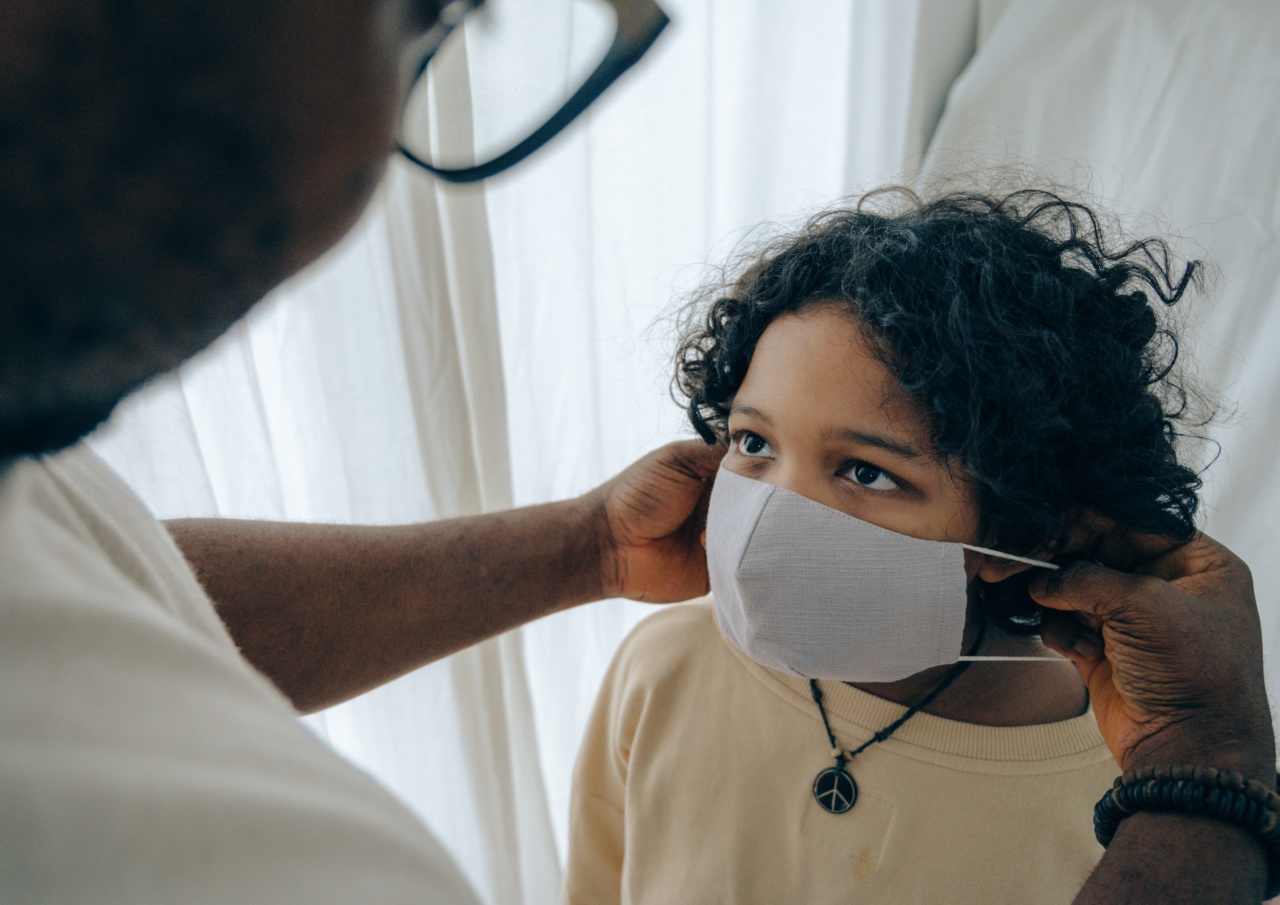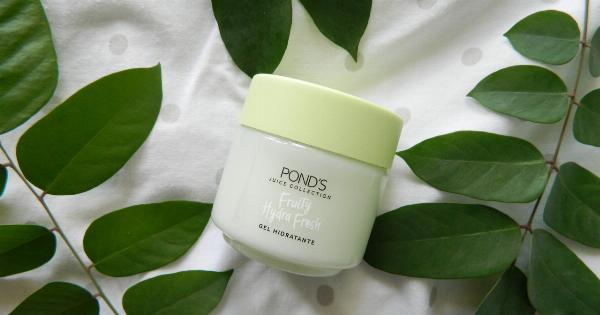Eczema, also known as atopic dermatitis, is a chronic inflammatory skin condition that commonly affects children. It is characterized by dry, itchy, and red patches of skin that can be quite uncomfortable.
While there is no known cure for eczema, there are several ways you can prevent and treat it in children to provide them with relief and improve their quality of life. In this article, we will explore some effective strategies to prevent and treat eczema in children.
1. Identify and Avoid Triggers
Eczema symptoms can worsen when exposed to certain triggers. It is important to identify and avoid these triggers to prevent flare-ups. Common triggers include irritants such as harsh soaps, chemicals, and certain fabrics like wool.
Allergens like pollen, pet dander, and dust mites can also worsen eczema symptoms. By minimizing exposure to these triggers, you can help prevent flare-ups in children with eczema.
2. Maintain a Healthy Skin Care Routine
Keep your child’s skin moisturized to reduce dryness and itching. Use gentle, fragrance-free moisturizers or emollients regularly, especially after bathing, to lock in moisture.
Avoid using harsh soaps and opt for mild, non-irritating cleansers instead. It is also essential to ensure that your child’s nails are trimmed short to prevent scratching and further damage to the skin.
3. Dress Your Child in Soft, Breathable Fabrics
The choice of clothing can significantly impact eczema symptoms. Opt for soft, breathable fabrics such as cotton that allow the skin to breathe.
Avoid rough fabrics like wool or synthetic materials that may irritate the skin and trap heat, leading to sweat and further aggravation of eczema symptoms.
4. Maintain a Cool and Moist Environment
Heat and excessive sweating can worsen eczema symptoms. It is crucial to maintain a cool and moisture-controlled environment to prevent flare-ups. Use air conditioning or fans during hot weather and dress your child in loose-fitting, lightweight clothing.
Keep the humidity level in your home between 40-50% to help prevent dryness and maintain adequate moisture in the air.
5. Avoid Scratching and Irritation
Scratching can further damage the skin and lead to infection. Encourage your child to avoid scratching by providing distractions or using anti-scratch mittens or gloves. Keep their nails short to minimize any accidental scratching.
It is also important to avoid fabrics that may aggravate eczema symptoms, such as clothing with rough seams or tags.
6. Use Mild and Fragrance-Free Products
Many detergents, shampoos, soaps, and other personal care products contain harsh chemicals and fragrances that can trigger or worsen eczema symptoms. Opt for mild, fragrance-free alternatives to reduce the risk of skin irritation.
Choose products specifically formulated for sensitive skin or those labeled as suitable for eczema-prone individuals.
7. Be Mindful of Diet
Although food allergies do not cause eczema, certain foods can act as triggers and worsen symptoms in some children. Common culprits include cow’s milk, eggs, peanuts, soy, and wheat.
If you notice that certain foods worsen your child’s eczema, consider consulting with a pediatrician or allergist to identify potential food allergies or sensitivities and devise an appropriate dietary plan.
8. Seek Medical Treatment
If your child’s eczema symptoms are severe or do not respond to home remedies, it is important to consult a dermatologist or pediatrician.
They can prescribe topical corticosteroids or other medications to help manage the symptoms and provide relief. Additionally, they can provide guidance on proper skincare routines and recommend other therapies such as wet dressings or phototherapy if necessary.
9. Address Stress and Emotional Health
Stress and emotional well-being play a significant role in managing eczema. Stress can trigger flare-ups or worsen existing symptoms. Encourage your child to engage in stress-relieving activities such as yoga, meditation, or hobbies they enjoy.
Additionally, provide emotional support and create a safe space for your child to express their feelings about their eczema.
10. Regular Follow-ups and Maintenance
Eczema requires consistent management and regular follow-ups with healthcare professionals. Visit your child’s dermatologist or pediatrician as recommended to assess their progress and make any necessary adjustments to their treatment plan.
Continue implementing preventive strategies and maintain a consistent skincare routine to manage and reduce the frequency of flare-ups.





























